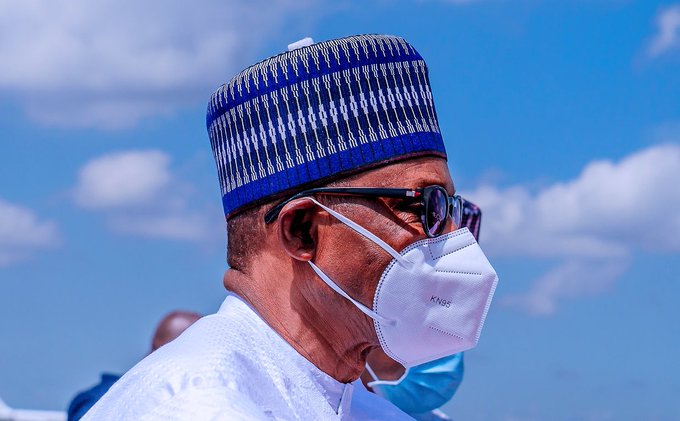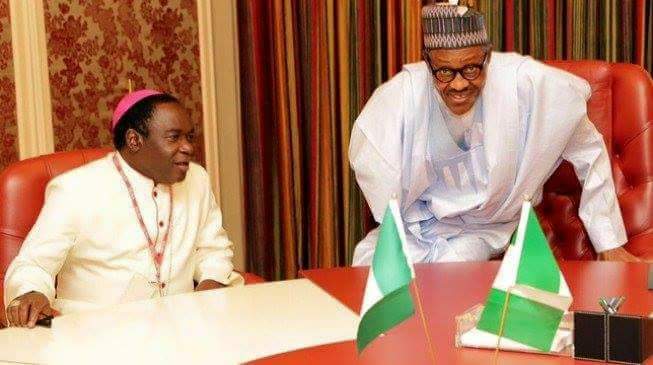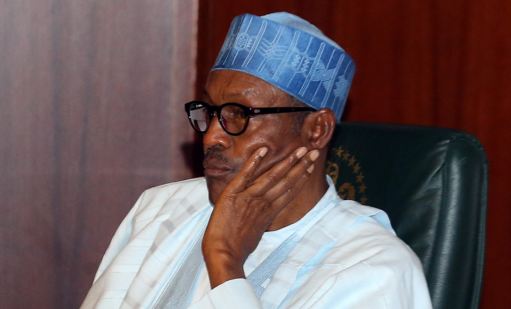By Owei Lakemfa
Nigerians have since colonial times basically belonged to two groups: the conservative, pro-establishment and the progressive, anti-establishment. During colonialism, the conservative group was symbolised by Oba Dosunmu of Lagos, while the latter was symbolised by Oba Ovonramwen, Nana of Itsekiri and Jaja of Opobo who rejected colonialism.
The anti-colonial struggles witnessed people like Nnamdi Azikiwe, Abubakar Tafawa-Balewa and Ahmadu Bello who favoured a neo-colonial arrangement, and people like Herbert Macaulay, Raji Abdallah, Bello Ijumu, Aminu Kano, Mokwugo Okoye and Osita Agwuna who wanted a country independent of the colonialists.
After the colonialists handed power to their protégées on October 1,1960, the crises of neo-colonialism set in. Just 18 months later, the central conservative government rolled over the West, one of the three federating regions, and on June 29, 1962, imposed a sole administrator, Moses Adekoyejo Majekodunmi.
The following year, a controversial census exercise exposed the underbelly of a corrupt system. Also that year, the neo-colonial arrangement caught up with the state as hyper-inflation and hunger enveloped the country. The workers said they had enough and decided to ground the government.
In August 1963, the then four labour centres: the United Labour Congress, ULC; the Nigeria Trade Union Congress, NTUC; the Nigeria Workers Council, NWC; and the Labour Unity Front, LUF, established a Joint Action Committee, JAC.
The JAC demanded a wages commission that would increase salaries. It threatened a national strike from September 27,1963 unless its demands were met. The strike held and government, in response, established the Justice Adeyinka Morgan Commission which early 1964 recommended a living wage of 12 pounds, housing scheme for workers, review of profit tax and price control.
But the government neither released the Morgan Commission Report nor a White Paper. So, the unions on May 25,1964 issued a seven-day ultimatum. Government responded by releasing the White Paper which rejected some recommendations, including a wage increase.
So another general strike was called from June 1,1964 which witnessed street battles with the police, and the country paralysed. While this was on, some labour leaders who had supported the progressive and anti-colonial wing of the nationalist movement and had concluded that workers and the mass of the people would neither get good governance nor justice unless they took power, decided to overthrow the Balewa government.
They started recruitment into a revolutionary army that would overthrow the government and institute a socialist government run by workers and farmers.
The arrowheads of this plot included Jonas Abam, Secretary of the Dock Workers Union. He had been Minute Secretary of the Sheffield Branch of the Amalgamated Engineering Workers Union of Great Britain and a member of the British Labour Party.
Another, was Wari Orumbie better known as Sidi Khayam who for a decade in Britain, studied Economics and Law and worked in various British industries and factories. The Nigeria Union of Seamen had, in 1958, approached Sidi Khayam and persuaded him to return to Nigeria and lead the union.
A third was Mr. Olusegun Adebayo, a high school teacher with some followership in the radical movement. A fourth, was Dr. Victor Lenard Allen, a 42-year-old British sociologist, historian and economist who had been sent to Nigeria by the Imperial Chemical Industry, ICL, to conduct aptitude tests.
Meanwhile, the general strike was on and a shadowy group was issuing and distributing unsigned leaflets to give direction to the strike. The secret police which was then the Police Criminal Investigation Department, CID, went searching for the authors. Somebody hinted that Khayam might be involved.
So one day, the police halted Khayam and Allen on the Old Carter Bridge and drove them straight to the former’s house for a search. Unfortunately for the revolutionaries, Khayam and Allen had written out the details of the insurrection and coup plan, including the constitution of the new system they wanted to establish, the rules and regulations, aims and objectives of the revolutionary army.
Khayam, Allen and Adebayo were arrested. An alert was issued for Abam who was mobilising through the then Mid-West and Eastern regions. He was brought to Lagos. The government also made wholesale arrest of all those like Michael Imoudu and Eskor Toyo who were suspected of being socialists or allies of the plotters.
Eventually, only Khayam, Abam, Adebayo and Allen were on July1, 1964, hauled before Chief Magistrate A.S.B. Wickliffe under Section 63 of the Nigerian Criminal Code. They were charged with drawing up a plan for a coup, incitement and possessing seditious documents. They pleaded not guilty. Allen in a separate trial, was sentenced to two months imprisonment for his October 16,1964 attempt to flee the country.
On November 10, 1964, the four men were found guilty of all three counts with each carrying a four-month sentence.
They appealed the sentences and two counts: possession of seditious documents and incitement, were quashed. The appeal court ruled that since there was a written constitution which recruits into the revolutionary army should agree with before joining, they could not have incited such people. However, it upheld the charge of conspiracy to overthrow the government. For this, the men spent four months in prison, while Allen spent six.
Abam told me: “Let me say this categorically, we wanted to overthrow the capitalist system; it was not just to overthrow the ruling (Balewa) government, we wanted to establish a socialist system. Looking back from the first 1966 military coup, I will say we were not interested in coups.
I will say coups have not solved the problems in this country because the coup makers and those who have emerged, merely want to maintain the same system. The more they try to show that they can make capitalism work, the more they get into the cobwebs of international capitalism.”
The 1964 general strike lasted 13 days with the workers winning most of their demands. After his prison term, Mr. Olusegun Adebayo continued as a teacher. He was reported one day to have gone for a walk and never seen again.
Sidi Khayam fell sick and passed away in the 1980s. I had tried to establish contacts with him when I found his collection of books on sale at an open air second hand bookstand in Oshodi, Lagos.
Jonas Abam remained in the Dockworkers Union where he retired. He was kind enough to attend my father’s burial in 1997. Victor Allen went on to become emeritus professor at the University of Leeds.
He became a key figure in the international Anti-Apartheid Movement, was involved in smuggling funds to support trade unions under Apartheid, and was in 1988, involved in secret talks in Havana between Fidel Castro and Black South African labour leaders. He passed away on October 26, 2014.


